Whistleblowers: Selected Issues and Protections
Generally speaking, whistleblowers are those who expose misconduct (e.g., fraud, abuse, or illegal activity) within an organization. Legal protections for employees who report illegal misconduct by their employers have increased dramatically since the late 1970s when such protections were first adopted for federal employees in the Civil Service Reform Act of 1978. Since that time, with the enactment of the Whistleblower Protection Act of 1989, Congress has expanded such protections for federal employees. Congress has also established whistleblower protections for individuals in certain private-sector employment through the adoption of whistleblower provisions in at least 18 federal statutes. This book provides an overview of key aspects of the 18 selected federal statutes applicable to individuals in certain private-sector industries. It also examines steps OSHA has taken to include auto industry employees in its whistleblower program and the extent to which OSHA collaborated with DOT components to address potential safety violations; and the number of transportation-related whistleblower claims in the last 6 years and stakeholder-identified factors that may affect those numbers.
{{comment.content}}
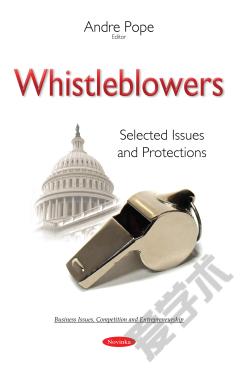
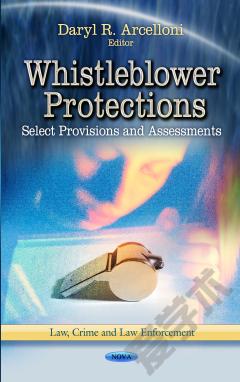
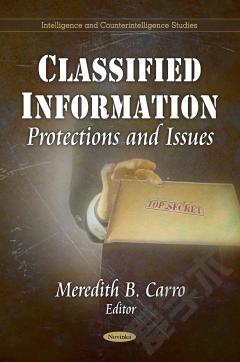

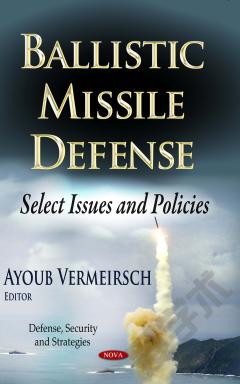
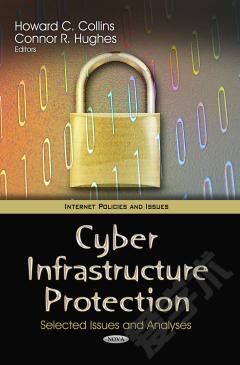
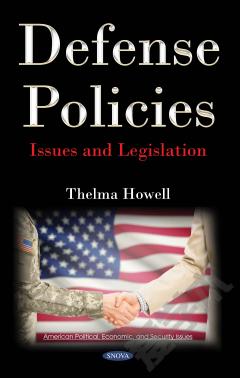

 京公网安备 11010802027623号
京公网安备 11010802027623号